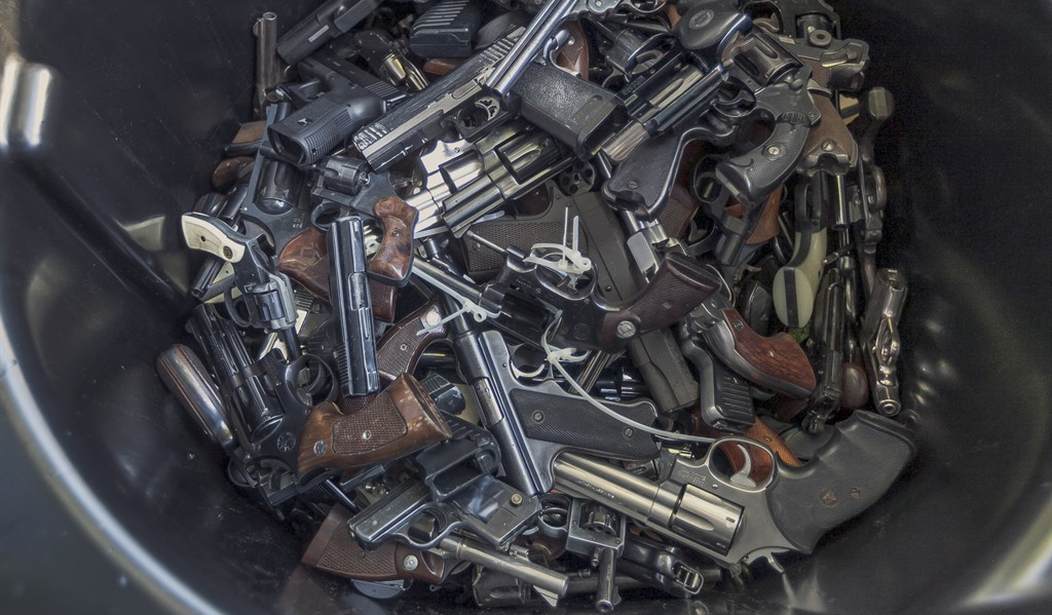Look at a map and you can see how every river follows a meandering path covering miles and miles, at no point in a truly straight line. That’s because water follows the path of least resistance. Throw up a barrier and it goes around it. Even dams, structures we think of as holding water back, only do so because there’s a mechanism to keep the water flowing. If not for that, it would eventually find a new path, either over or around the dam.
For criminals, the path to obtaining guns is little different.
You see, anti-gun voices will often decry the lack of gun control in other places, citing those places as somehow responsible for their own violence. Take the city of Chicago. They routinely blame Indiana for their own gun violence because they trace guns taken from criminals and find a large number are purchased in Indiana.
The same is true for the violence surrounding the drug cartels in Mexico. Some look to lax American gun laws as somehow responsible for this.
Yet the problem with these arguments lies in the fact that they somehow think someone else passing gun laws will stop the flow of guns into criminal hands.
To be fair, a large number of guns do appear to follow that path. They do because that’s the path of least resistance for firearms. It’s simpler to buy them where they’re accessible and take them to where they’re not. It’s like any other commodity that’s heavily restricted such as drugs, ivory, exotic furs, or whatever. If they can be had in one place, then people will get them there and take them wherever.
But more gun control won’t change anything either.
Let’s say that Indiana did as Chicago wants and passed Illinois-style gun control. Would that reduce Chicago violence? No, it wouldn’t. Instead, guns would simply come from another state. A barrier was thrown up, and the water will find its way around it soon enough. In this case, maybe they go to Kentucky instead. Or Iowa or Missouri. Either way, the criminals go to another state and get guns.
Should the entire country pass such laws, surely that would stop it, right?
Not really. Guns, like water, will still find a way.
In Chicago, to continue using that city’s woes as an example, the problem isn’t access to guns. It never was about guns in the first place, but a myriad of other issues. Unless those are addressed, it’ll form a sort of “low spot” where guns will continue to flow. There’s a demand and where there’s demand, someone will supply.
That demand would then be addressed with things like stolen guns, backyard manufactured guns–these tend to be full-auto as opposed to semi-auto like what our criminals are typically getting now–and even guns flowing in from overseas. Water finds a way, just like criminals do when they want firearms.
It’s important to remember that we live in a world where few things are impossible to get. Even slaves can be purchased, this despite the practice having been outlawed for more than a century. All that’s required is enough money and access to someone who can provide such a thing. It’s no different than drugs in that way.
Gun rights activists have argued for some time that if you ban guns outright, firearms would follow the drug trade in coming right back in the country. Make no mistake, though. That will happen just as soon as its the path of least resistance.
The War on Guns that is brewing is futile if the purpose is to actually address crime. Guns, like water, will always follow the path of least resistance, but they always end up the same place no matter what you do.
If you want to put an end to gun violence, end the demand for guns by criminals by addressing the very things that push them to embrace crime as a livelihood. Sort of “fill in the low spots” so there’s nowhere for those illegal guns to flow. Do that and you don’t need another gun control law ever.
Too bad the powers that be are too blind to see it.








